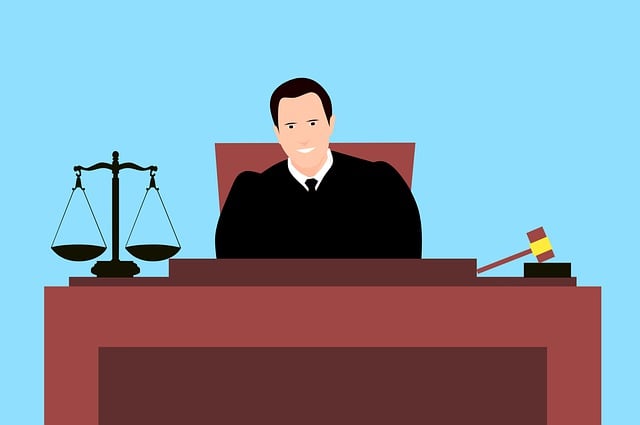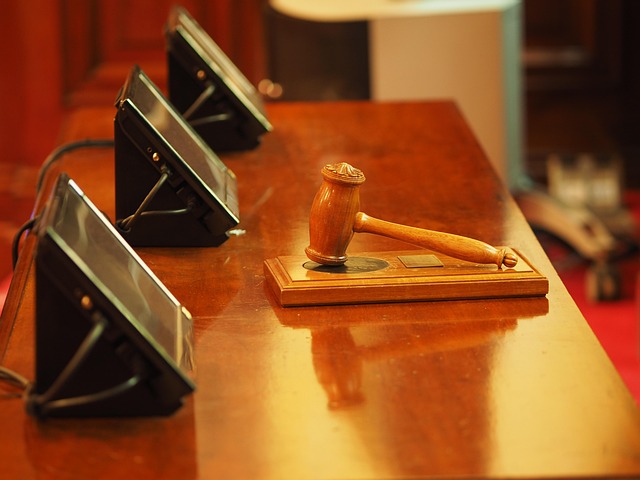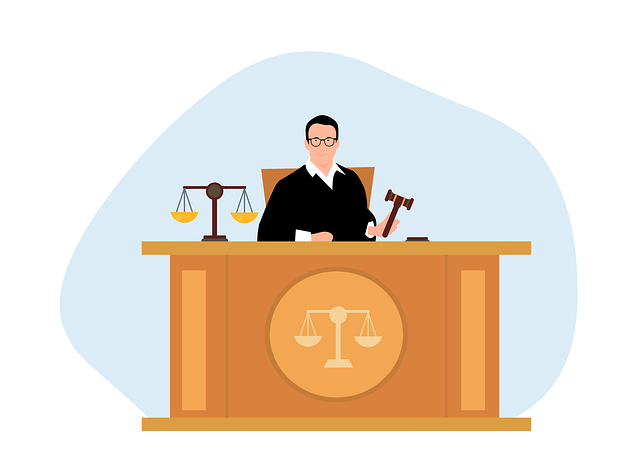Consumer protection suits are crucial in holding companies accountable for unethical practices and unsafe products, with success rates highlighting their effectiveness in promoting responsible corporate behavior. The Ethical Implications of Plea Bargaining Decisions within these cases, especially high-stakes ones, are critical to maintaining fairness. Balancing swift resolutions with legal integrity, attorneys and judges must ensure transparency and due process. Case studies from various jurisdictions offer insights into achieving substantial outcomes while considering practicalities. Reforms aimed at enhancing consumer protection should focus on refining investigative techniques and challenging defense verdicts, ensuring a balanced approach that prioritizes both justice and practicality.
Consumer protection suits play a pivotal role in safeguarding individuals from unfair business practices, ensuring market integrity, and promoting ethical conduct. This article delves into the intricate world of consumer litigation, offering a comprehensive framework for understanding these suits. We explore the ethical considerations surrounding plea bargaining decisions, where striking a balance between justice and practicality presents unique challenges. Through case studies and proposed reforms, we examine strategies to navigate these complexities, ultimately aiming to strengthen the legal protections for consumers while addressing the ethical implications of plea bargaining decisions.
- Understanding Consumer Protection Suits: A Framework
- Ethical Considerations in Plea Bargaining Decisions
- Balancing Justice and Practicality: Case Studies and Reforms
Understanding Consumer Protection Suits: A Framework

Consumer Protection Suits are legal actions taken by individuals or government agencies to safeguard consumers from unfair business practices and products that pose significant risks. These suits serve as a crucial mechanism to ensure companies uphold ethical standards, providing consumers with adequate protection against fraud, misrepresentation, and dangerous goods. By holding businesses accountable, these cases help maintain trust in the marketplace and promote fair competition.
In many jurisdictions, consumer protection laws often include provisions for plea bargaining, where defendants may negotiate a settlement to avoid prosecution or a harsher punishment. The ethical implications of such decisions are noteworthy, as they can impact both the individual consumer and the broader market dynamics. An unprecedented track record of successful cases in general criminal defense underscores the importance of these suits in avoiding indictment and ensuring companies take responsibility for their actions, fostering an environment where consumers’ rights are respected and protected.
Ethical Considerations in Plea Bargaining Decisions

The ethical considerations in plea bargaining decisions are paramount in consumer protection suits, especially in high-stakes cases that often involve complex transactions and vulnerable consumers. This process, where defendants plead guilty to lesser charges in exchange for reduced sentences or penalties, demands meticulous scrutiny to ensure fairness and justice. The primary concern is balancing the need for swift resolution of consumer protection violations with upholding the integrity of the legal system.
Achieving extraordinary results in these cases requires attorneys and judges to navigate the delicate interplay between criminal accountability and the broader public interest. All stages of the investigative and enforcement process, from initial allegations to final resolutions, must be conducted with transparency and respect for due process rights. This ensures that plea bargaining decisions are not only legally sound but also ethically justifiable, demonstrating the legal system’s commitment to protecting consumers without compromising fundamental principles.
Balancing Justice and Practicality: Case Studies and Reforms

In the pursuit of justice within consumer protection suits, a delicate balance must be struck between achieving substantial outcomes and ensuring practical considerations. Case studies from various jurisdictions offer valuable insights into this equilibrium. For instance, successful prosecution of high-profile cases can lead to significant monetary remedies for affected consumers, setting precedents for future enforcement. However, these victories often involve intricate legal strategies and extensive resources, leaving questions about the ethical implications of plea bargaining decisions.
Reforms aimed at enhancing consumer protection must address these complexities. A comprehensive approach involves not only refining investigative techniques throughout all stages of the process but also fostering an environment that encourages winning challenging defense verdicts. Organizations with an unprecedented track record in this regard contribute to a robust legal ecosystem, where both justice and practicality are prioritized.
Consumer protection suits play a vital role in upholding justice for individuals harmed by business practices. Navigating these legal landscapes requires a delicate balance between achieving practical resolutions and ensuring ethical implications of plea bargaining decisions. By examining case studies and implementing reforms, we can foster a system that protects consumers while promoting fairness and transparency. Understanding the complex interplay between consumer rights, business responsibilities, and legal strategies is essential to creating a robust framework for resolving disputes and fostering a more accountable marketplace.






